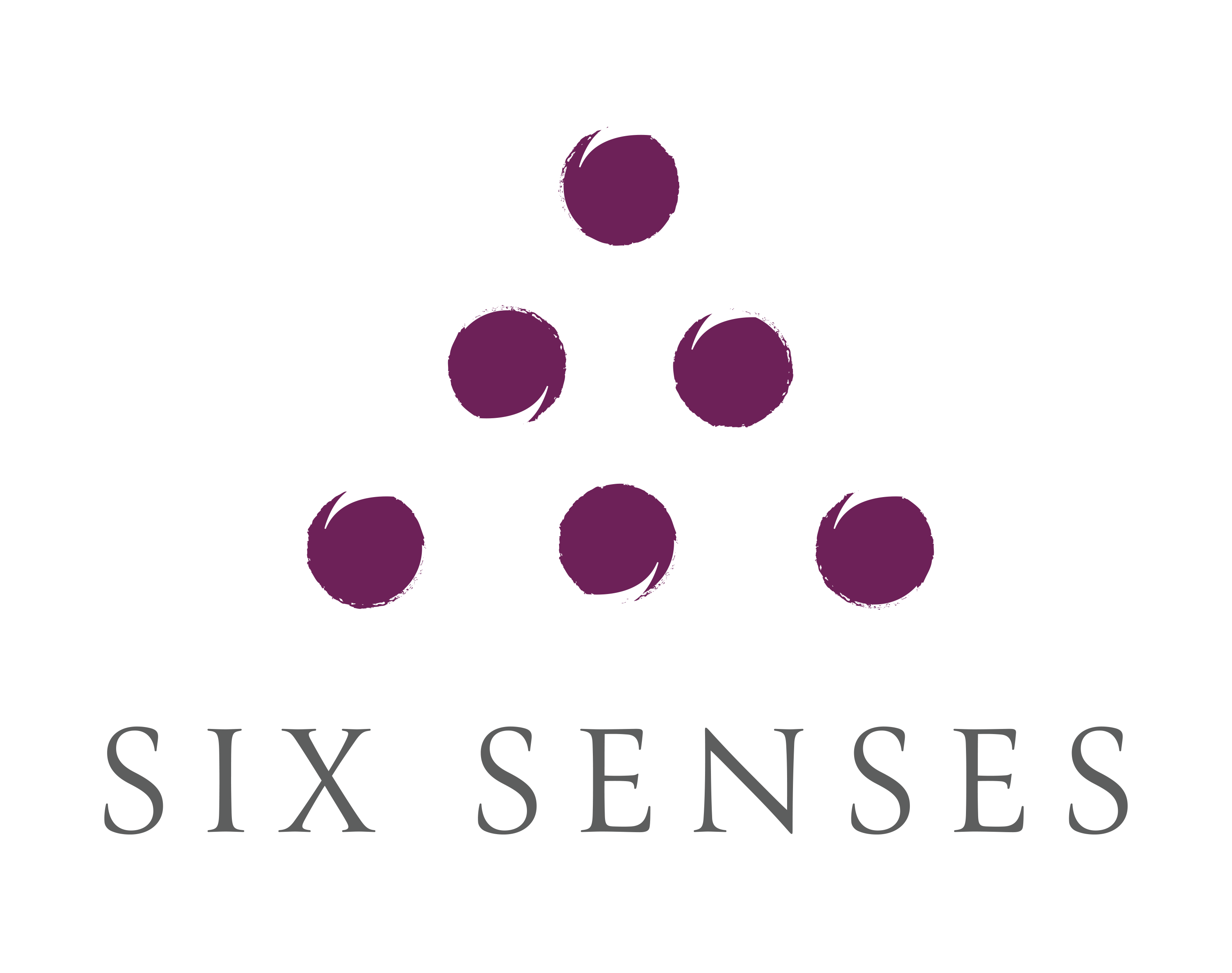The Sounds of Silence-Sound Healing
Belief in the therapeutic power of sound has existed since the beginning of history. Indigenous cultures and spiritual traditions the world over have used sound in healing ceremonies. Many cultures still use drumming, clapping, singing, and chanting to create a sense of community, achieve transcendence, and/or to reach a state of calm. Tibetan singing bowls, the Australian didgeridoo, Peruvian whistling vessels, West African djembe, and Native American rain sticks are culture-specific forms of sound therapy. Maybe we can design a cute graphic with illustrations of these different instruments? WHY NOT!
Psychoacoustics is an umbrella term for the branch of science relating to how humans perceive various sounds, and how those sounds may affect mind and body. When acoustics are used to heal, the practice is known as sound therapy.
All sound, whether produced by singing bowls, gongs, music or tuning forks, is made up of vibrations. Vibrations aid in releasing dopamine and serotonin and decrease levels of the stress hormone cortisol.
Music is one type of sound therapy. The Chinese character for medicine (藥) incorporates the character for music (樂) – with that character also referring to the concepts of happiness, pleasure, and enjoyment – an indication that the Chinese have connected psychoacoustics and mental wellness for millennia.
Graphic: Music-Boosts Immune Function, Boosts Mood Lowers Stress
Tuning Forks-Release Tension and Energy Promote Emotional Balance
How:Calibrated metal tuning forks apply specific vibrations to different parts of the body.
Tibetan Singing Bowls-Reduce Tension Reduce Fatigue Reduce Depression Increase Feels of Spiritual Wellbeing .
How: Many spas offer singing bowl therapies in the form of individual or group sound baths.

